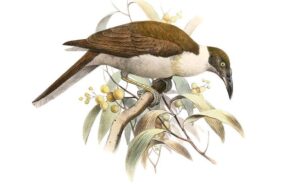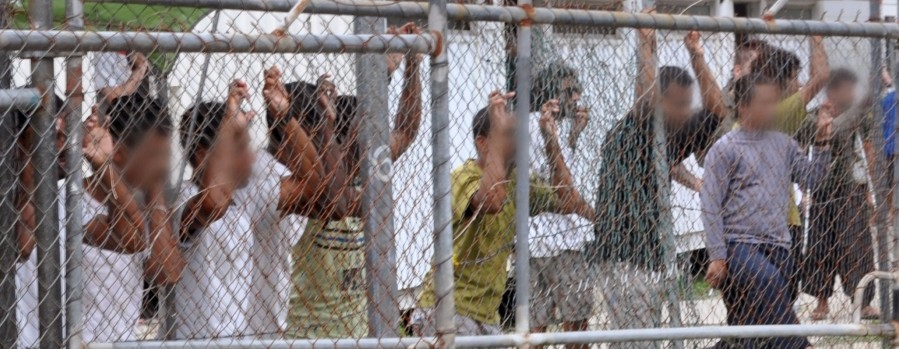The Australian media has historically painted a disgusting portrayal of refugees seeking asylum on our shores.
They’re an ‘it’, a chess piece used by whichever political party is in control. News stories surrounding asylum seekers are inherently political (we hear about the tax burden and the potential changes to the economy), but refugees seeking asylum is a global crisis and a humanitarian issue.
We need to remember that underneath the politicians, censored news stories and cameras, refugees are human beings who have fled from unimaginable horrors that we never stop to consider or imagine. Most of us living on Australian shores have not experienced refugee camps first-hand. This means we absolutely rely on the news media to communicate to us what is occurring, but they have failed disgustingly. The current portrayal of asylum seekers in Australian media is forging a deep suspicion, instead of deep empathy and understanding. It’s directing public opinion in the wrong way and limiting compassion.
This is about to change, however. A prisoner on Papua New Guinea’s Manus Island, Behrouz Boochani (who has been held at the Australian immigration detention centre since 2013 ‘for processing’), filmed a documentary on a mobile phone. He sent it in short clips, via WhatsApp, to his co-director, Arash Kamali Sarvestani, who is based in Amsterdam. Sarvestani had contacted Boochani via Facebook to request the footage. The two men still have not ever met in person.
Boochani is just one of more than one thousand of refugees being contained as part of Australia’s immigration crackdown. Many of these refugees come from Iran, Pakistan and Afghanistan. Conditions inside Manus Island, and another camp on Nauru, have been widely criticised as inhumane. Refugee advocates and medical health professionals have spoken out. Additionally, the Supreme Court ruled last year that Australia’s methods of holding asylum seekers in such a way on these islands is both unconstitutional and illegal. Multiple avoidable deaths have occurred on the islands, including suicide.
The film, titled Chauka, Please Tell Us the Time, is an insight into life behind the gates of the camp. It shows asylum seekers struggling with monotony and prolonged separation from family members, among other issues in the camp. Reports of ill-treatment in solitary confinement are also investigated. “Chauka” is a reference to the solitary confinement cells within the camp, which were named so after a native bird. Sarvestani hopes the documentary will put pressure on Australia to make changes to its immigration policy.

The film was screened in London. The British Film Institute invited Boochani to attend the screening of his film, but he wasn’t allowed to leave Manus Island – despite a letter of support from Australian Senators. The Institute referred to the documentary as “brave, thoughtful and urgent film-making.”
Australia’s current immigration policy involves intercepting asylum seekers at sea and placing them in detention centres for ‘processing’. However, they are held in absolutely inhumane conditions indefinitely and some are told they will never be settled in Australia.
There are many avenues of support and fundraising for asylum seekers, both for the detention centres and when (if) they arrive onshore. Obviously this still isn’t enough, because the camps are still running. This needs to stop now; we need to increase awareness and support. Seeking asylum is not a crime.

